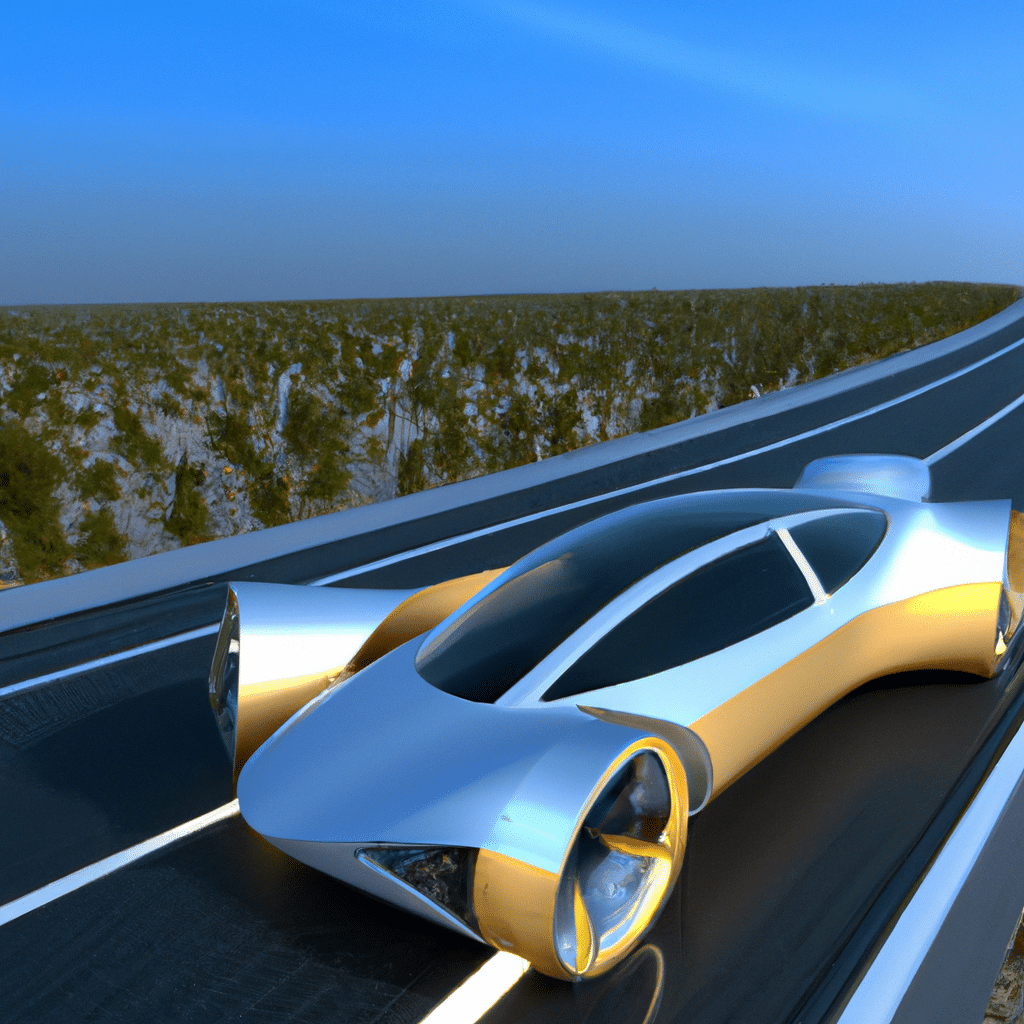The Impact of Computer Science on the Automotive Industry
The automotive industry has been revolutionized by the integration of computer science in almost every aspect of vehicle production, design, and operation. From the development of autonomous vehicles to the implementation of artificial intelligence, computer science has been at the forefront of the automotive industry’s progress. In this article, we will explore the impact of computer science on the automotive industry and how it has transformed the way we drive, commute, and interact with vehicles.

The Rise of Autonomous Vehicles
Autonomous vehicles, also known as self-driving cars, have been one of the most significant advancements in the automotive industry. These vehicles use various sensors, cameras, and GPS to navigate and operate without human intervention. The integration of computer science in the development of autonomous vehicles has been critical in making this technology a reality.
Computer science has enabled the development of complex algorithms, machine learning, and artificial intelligence, which are the backbone of autonomous vehicle technology. These vehicles can analyze data from various sources, make decisions, and take actions based on that data. The impact of autonomous vehicles on the automotive industry is enormous, from reducing accidents, minimizing traffic congestion to increasing fuel efficiency.
Improved Vehicle Safety
Computer science has also impacted vehicle safety in various ways. Modern vehicles come equipped with advanced safety features such as automatic emergency braking, lane departure warning, and blind-spot detection. These features utilize computer science to analyze data from various sources and make split-second decisions to keep drivers and passengers safe.
Computer science has also contributed to the development of robust vehicle testing and simulation tools. These tools enable automakers to test various scenarios and analyze data to improve vehicle safety. The integration of computer science in vehicle safety has resulted in a significant reduction in accidents, injuries, and fatalities.
Enhanced Vehicle Performance
Computer science has also transformed the way vehicles perform. Modern vehicles come equipped with advanced engine management systems, which utilize computer science to optimize engine performance, fuel efficiency, and emissions. These systems use complex algorithms to analyze data from various sensors and adjust engine parameters in real-time.
Computer science has also enabled the development of advanced suspension systems, which adjust vehicle ride and handling based on road conditions. These systems utilize data from various sensors, such as accelerometers and gyroscopes, to make split-second adjustments to the suspension system.
Improved Customer Experience
Computer science has also impacted the customer experience in the automotive industry. Modern vehicles come equipped with advanced infotainment systems, which enable drivers and passengers to interact with the vehicle in new and exciting ways. These systems utilize touchscreens, voice commands, and other input methods to provide drivers and passengers with access to various features and functions.
The integration of computer science has also enabled the development of advanced driver assistance systems, which provide drivers with real-time information about their surroundings. These systems utilize sensors, cameras, and other data sources to provide drivers with information about traffic, weather, and road conditions.
Conclusion
In conclusion, computer science has had a significant impact on the automotive industry. From the development of autonomous vehicles to the integration of advanced safety features, computer science has transformed the way we interact with vehicles. will continue to grow as new technologies and advancements are made. As we move towards a more connected and autonomous future, the role of computer science in the automotive industry will continue to be critical.












